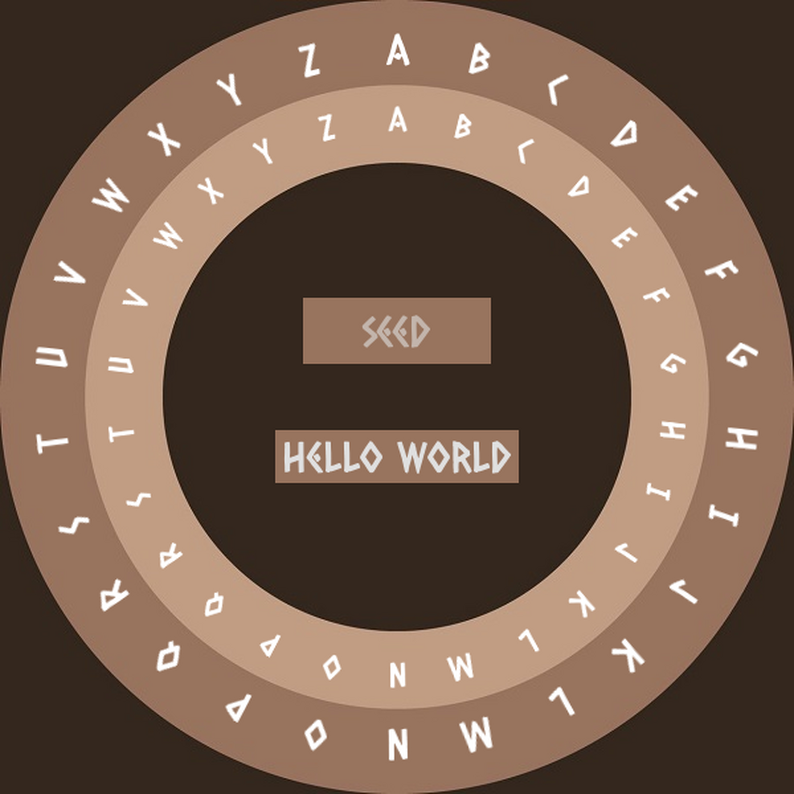
There are… letters of Gaius Caesar addressed to Gaius Oppius and Cornelius Balbus who had charge of his affairs in his absence. His correspondents included the generals Oppius and Balbus, as Aulus Gellius records: Suetonius thus describes letters to Caesar’s intimates about confidential matters – in both a private context and in his capacity as a general – as written in cipher to prevent Caesar’s enemies from reading the messages if they were intercepted. Silver denarius from January 44 BC: Caesar’s fourth Dictatorship is celebrated on the obverse, while Juno Sospita rides a biga (two-horse chariot) on the reverse. If anyone wishes to decipher these, and get at their meaning, he must substitute the fourth letter of the alphabet, namely D, for A, and so with the others (Suetonius, The Deified Julius, 56.6) This passage can be read in its broader context, in both Latin and English, here. There are… letters of his to Cicero, as well as to his intimates on private affairs, and in the latter, if he had anything confidential to say, he wrote it in cipher, that is, by so changing the order of the letters of the alphabet that not a word could be made out. According to these authors, Caesar seems to have used his cipher to communicate with his intimates on private affairs, and with his generals in the field over long distances. The term ‘Caesar cipher’ can only be found in modern works on cryptography the only surviving descriptions of it come from Aulus Gellius, Cassius Dio, and Suetonius, all writing in the second century AD.

Yet Caesar himself never discussed the use of this cipher in either of his surviving works ( The Gallic War and The Civil War) or those doubtfully attributed to him ( The Alexandrian War, The African War The Spanish War). One system of communication security used by the Romans is the so-called ‘Caesar cipher’ – named by modern cryptographers after its supposed inventor, the most famous member of Caesars, Julius (c. We find examples from the poetry of Homer, written in the 8 th/7 th century but channelling tales far older, through to the Latin verse of Ausonius in the 4 th century AD, ranging from love letters to communication in warfare. Communication security is no modern invention: the ancient Greeks, Romans, and Near Eastern people knew dozens of ways to encipher secret messages in a variety of contexts and settings.


 0 kommentar(er)
0 kommentar(er)
